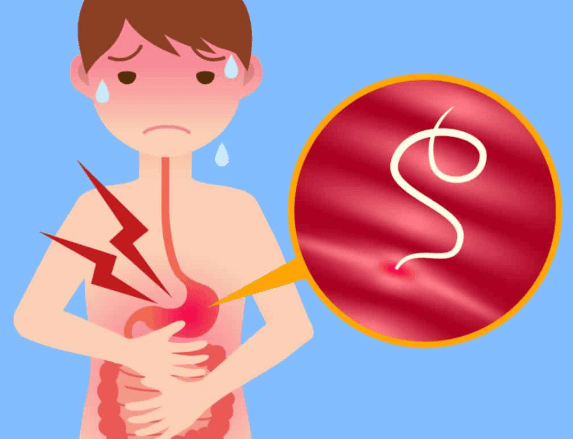Worm infections are a significant health issue in many parts of the world, particularly in regions with poor sanitation. These infections can lead to malnutrition, anemia, and developmental delays in children. Albendazole, a broad-spectrum antiparasitic medication, is commonly used to treat these infections, but parents and caregivers often have concerns about its safety, especially for children. In this article, we will discuss the safety profile of Albendazole in treating worm infections in children.
What is Albendazole?
Albendazole is an antiparasitic drug belonging to the benzimidazole class of medications. It works by inhibiting the absorption of glucose in parasitic worms, leading to their gradual death and eventual expulsion from the body. Albendazole is used to treat a variety of parasitic infections such as:
Roundworms (Ascariasis)
Hookworms
Tapeworms
Pinworms (Enterobiasis)
Whipworms (Trichuriasis)
Strongyloidiasis (threadworm)
Cysticercosis (caused by pork tapeworm)
Because of its broad-spectrum action and effectiveness, Albendazole is included in the World Health Organization’s (WHO) list of essential medicines, especially for managing intestinal worm infections in children.
Albendazole Safety for Children
Albendazole 400 mg is generally considered safe for children, including those as young as 1 year old, when used at recommended doses. The medication has been widely studied and used for decades, providing a strong basis for its safety and efficacy.
Recommended Dosage for Children:
The dosage of Albendazole varies depending on the type of worm infection. For children, the typical dose is:
400 mg once for single-dose treatments like ascariasis or hookworm.
400 mg per day for several days for more persistent infections like strongyloidiasis or hydatid disease.
In some cases, doctors may adjust the dose based on the child’s age and weight. For children under 2 years old, the dosage might be reduced to 200 mg, but this depends on medical advice.
Minimal Side Effects:
Like any medication, Albendazole can have side effects, though they tend to be mild and temporary in most children. Common side effects include:
Nausea
Stomach pain
Diarrhea
Dizziness
Headache
These side effects usually resolve on their own without the need for additional medical intervention. More serious side effects, such as liver function changes or a drop in white blood cell count, are rare and typically occur with long-term or high-dose treatments. Regular use of Albendazole in deworming campaigns shows that adverse reactions are infrequent, especially with single-dose regimens.
Pregnancy and Lactation:
While Albendazole is considered safe for children, it is not recommended for pregnant women, particularly during the first trimester, due to potential risks to the fetus. Therefore, health practitioners usually screen for pregnancy before administering Albendazole in mass deworming programs that involve adolescent girls or women of childbearing age. For breastfeeding mothers, the medication is generally considered safe but should be used under medical supervision.
Resistance Concerns:
Though rare, some parasitic worms may develop resistance to Albendazole, which can reduce its effectiveness over time. However, this is not a major concern when the drug is used appropriately for treating common worm infections. Periodic deworming with Albendazole remains an effective strategy for controlling parasitic infections in children, especially in endemic regions.
Special Considerations for Malnourished or Immunocompromised Children:
Malnourished or immunocompromised children, such as those with HIV/AIDS, are at higher risk for complications from worm infections. Albendazole can still be safely administered to these children, but healthcare providers may take additional precautions, such as monitoring for adverse effects or adjusting the dosage.
Global Use and Mass Deworming Campaigns
Albendazole plays a crucial role in large-scale deworming programs initiated by governments and non-governmental organizations in endemic areas. These programs target millions of children each year, aiming to reduce the burden of worm infections and improve overall health. In these settings, Albendazole has been demonstrated to be safe and effective, with very few reported adverse effects.
The WHO recommends routine deworming of children in high-risk areas, typically every 6 to 12 months. Albendazole is often used in combination with other measures such as improved sanitation, hygiene education, and clean water access to reduce the recurrence of infections.
Conclusion
Albendazole is a safe and effective medication for treating worm infections in children. Its long-standing use and inclusion in mass deworming campaigns underscore its safety profile, with minimal side effects observed in most cases. Parents and caregivers can confidently rely on Albendazole to protect children from the harmful effects of parasitic infections, contributing to better Health outcomes and improved growth and development. However, as with any medication, it is essential to follow medical advice regarding dosage and administration, especially in vulnerable children such as those who are malnourished or immunocompromised.



